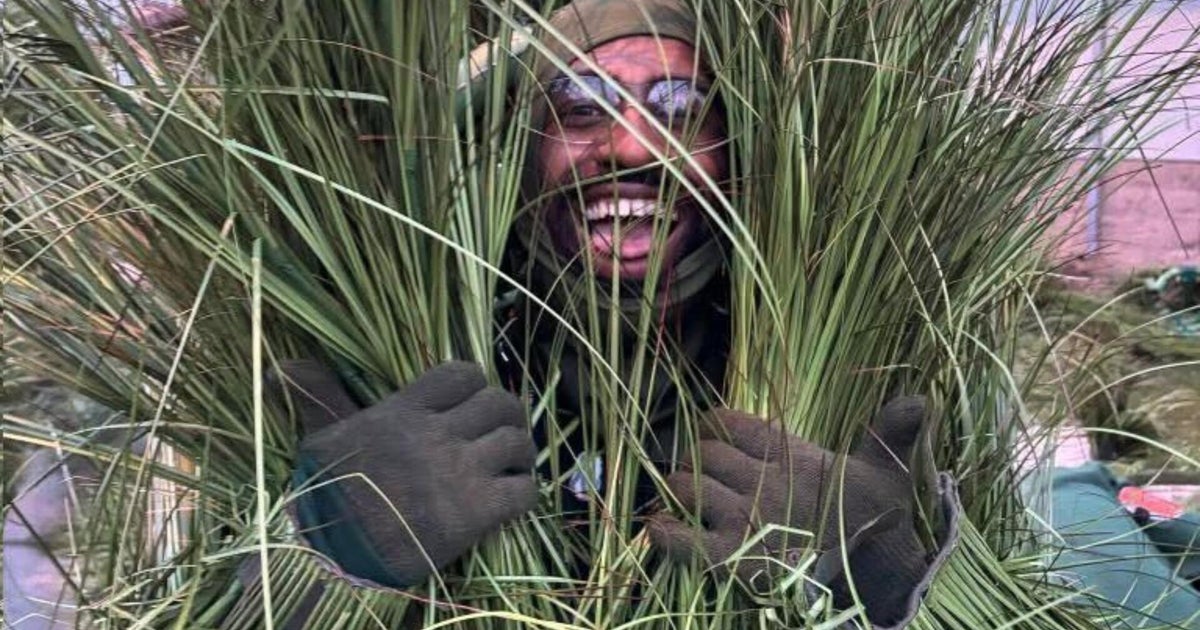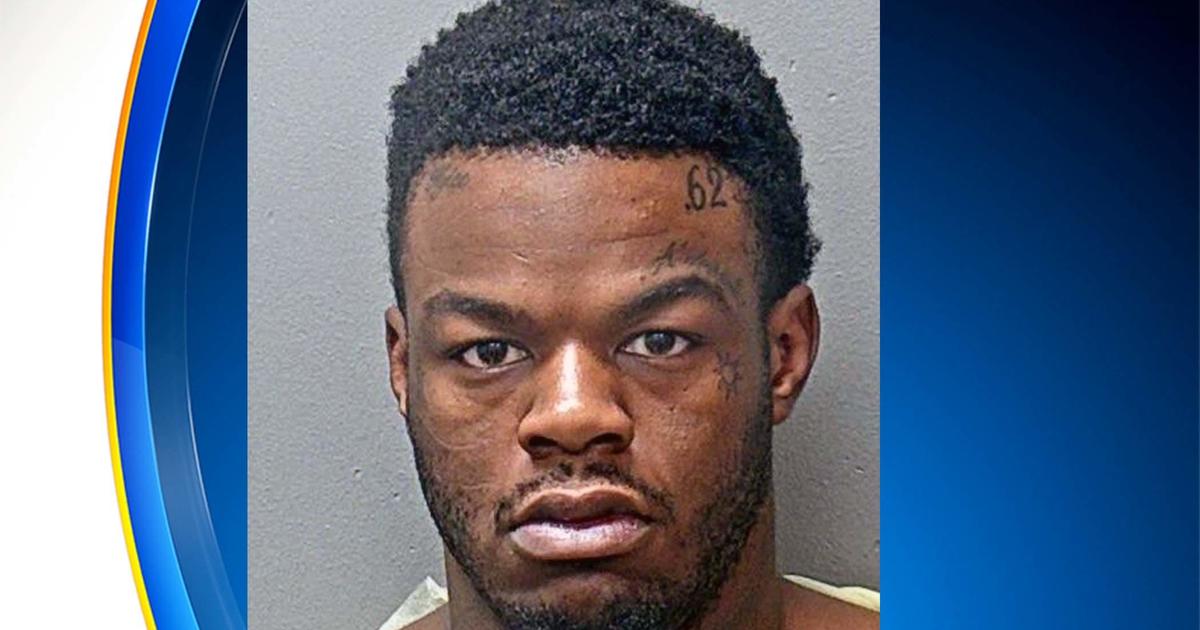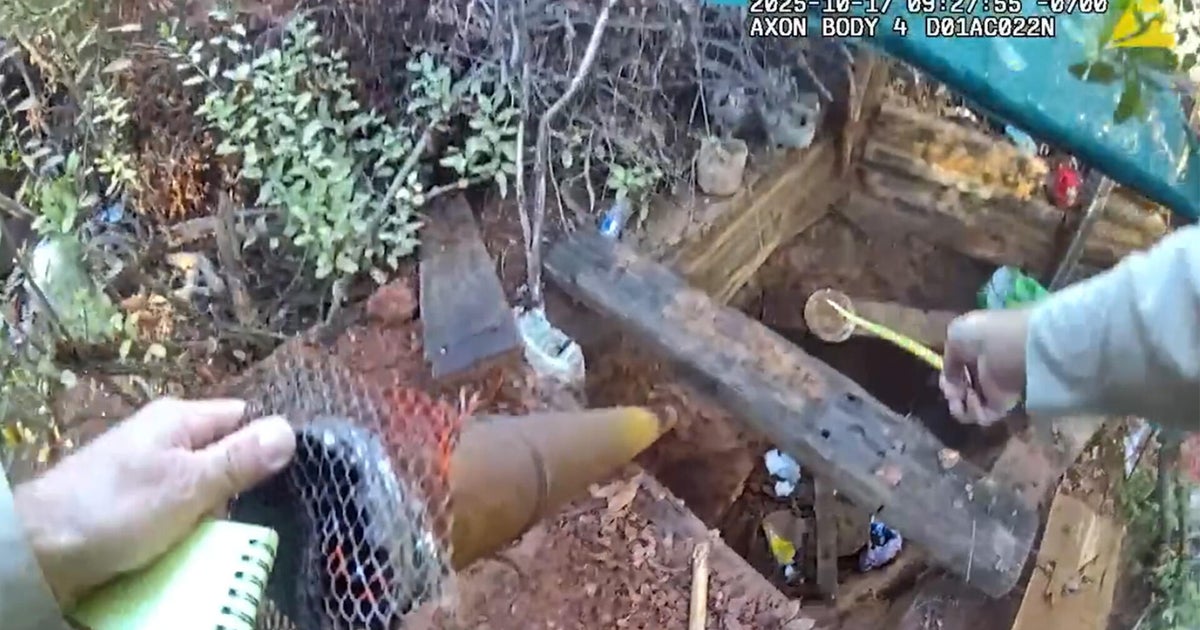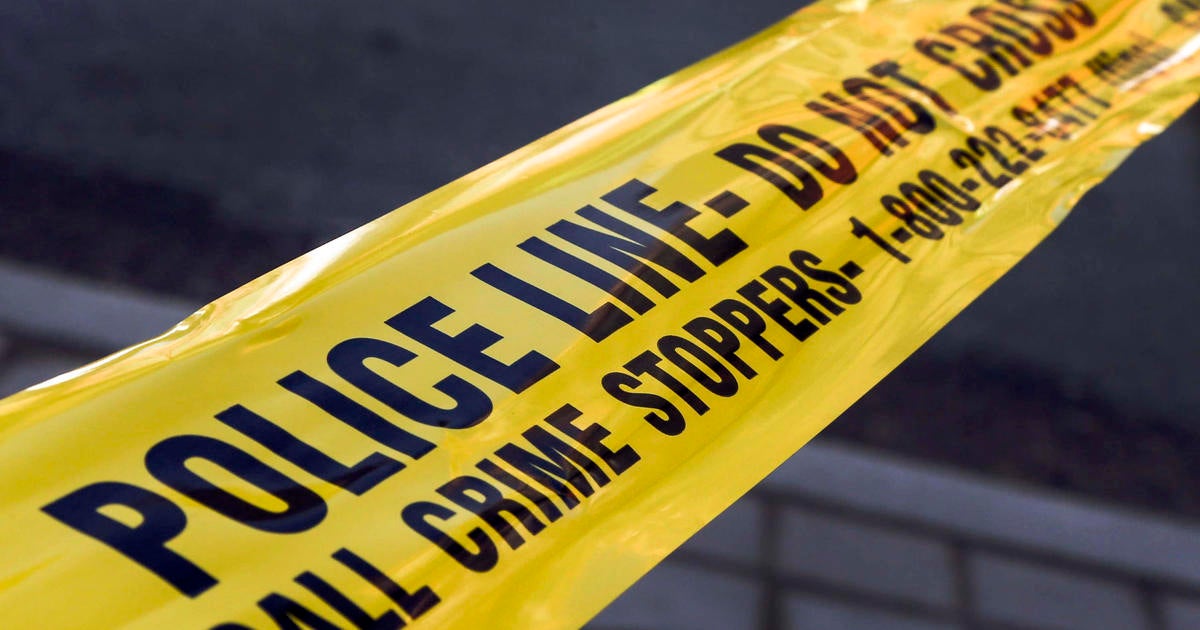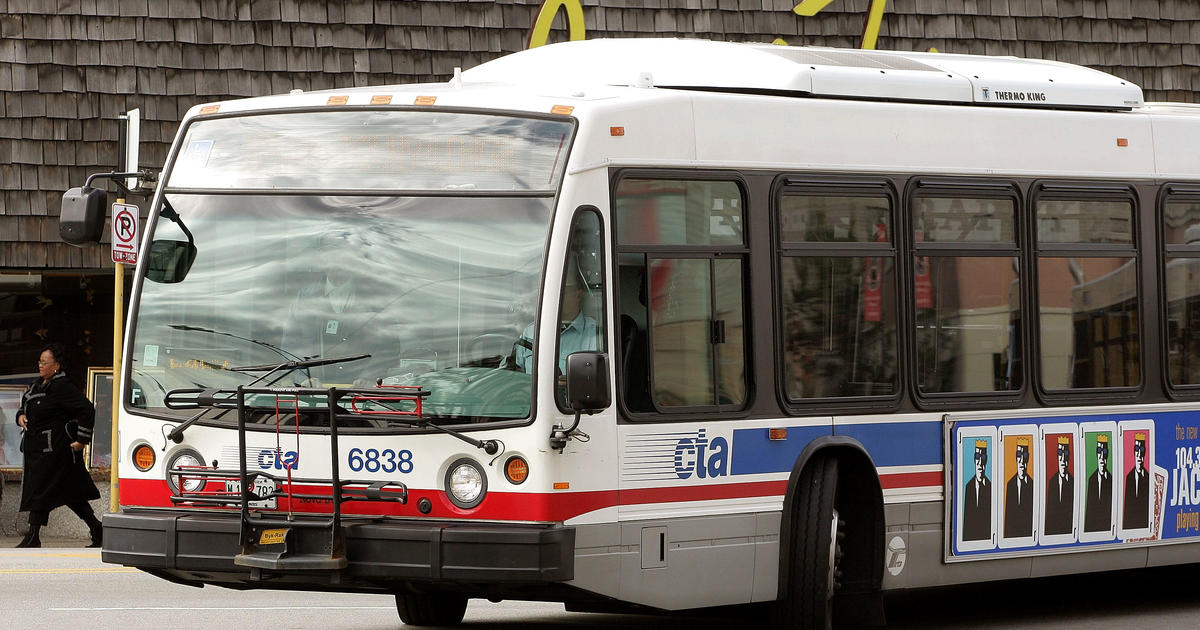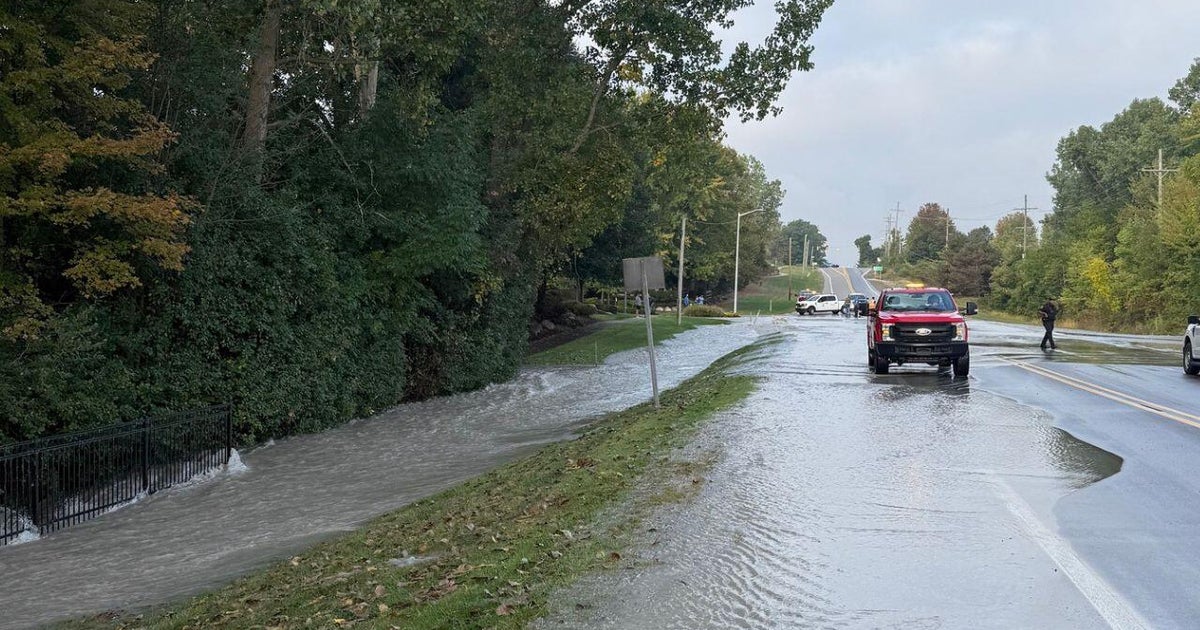REARDON: An Open Toast
For those of you old enough to remember golf before the TW Era, you may be noticing majors are becoming interesting again. Starting with last year's PGA at Whistling Straits, there has been a restoration of the sort of drama golf had often enjoyed for decades.
The PGA gave us the quartet of the "Young Guns," Watson, Johnson, McIlroy and Kaymer wrestling with each other for the title.
This year's Masters was so special on Sunday because even with the opening soliloquy from Woods, the denouement unfolded on the back nine with another large cast of actors weaving plot lines.
At Congressional, we watched a new leading man author his own star vehicle, absent of all suspense but nonetheless compelling for the tour de force performance.
And just this past weekend, a longtime supporting actor took on the role of a lifetime and picked up his Oscar for the production.
It is not a criticism of Tiger Woods that once he was cast in the lead of golf's majors, they all became a movie franchise, attracting a new audience, less interested in the story than the box office appeal of the name atop the marquee.
That is what made this Open Championship such an enjoyable watch. If the characters are compelling, the tale is much more interesting. It was easy over the four days to spend a few hours wondering and caring how the story would play out. Westwood and Donald, killed in the opening acts. McIlroy, a box office name with a bit player's role. Glover and Garcia, trying to recapture their magic, Fowler and Kim trying to move out of supporting roles.
Then on Sunday for the final round, the trio that took us to the closing credits. Phil Mickelson, like Tiger at Augusta, stealing the spotlight for nine holes. Dustin Johnson, another young performing talent, with all the right ingredients for greatness but blowing his lines on the way in. And Darren Clarke, graying, portly, weathered and smiling, like golf's Jeff Bridges, cast in the role he had spent his whole life preparing to play.
I never spent much time around Clarke in his early years, when the dark personality he now admits to was a part of his life on Tour. The Clarke we saw at Royal St. George's is the player he has always been and the person he has become. Over the past handful of years, Clarke was more appealing for his laugh than for his swings. He was at his best in an ensemble cast of a Ryder Cup team rather than playing a role alone.
I hesitate to leap to the almost trite description of the loss of his wife, Heather, to breast cancer as tragic, because so many people with so much less in their world have equally suffered—with no enduring affection from the press and public gained.
But know this about Darren Clarke, the golfer: his wife's battle played out through what should have been the prime years of his career. His devotion and focus on her had to exact a cost on his game and his resume. Her passing in 2006 allowed Clarke the opportunity to start healing on his own, and his win on Sunday was the completion of a journey both had taken together.
Clarke remembered in his remarks afterward.
"In terms of what's going through my heart, there's obviously somebody who is watching down from up above there, and I know she'd be very proud of me," he said. "She'd probably be saying, I told you so. But I think she'd be more proud of my two boys and them at home watching more than anything else. It's been a long journey to get here."
It's probably not a coincidence that Clarke's moment came only after he moved from the posh suburbs of London to return to his roots in Portrush and Ireland. He didn't do it for his golf game, although his practice on the links paid dividends last weekend. He did it for his two sons, so they could be schooled in the world in which he grew up.
"I'm a bit of a normal bloke, aren't I, really? I like to have a pint, I like to— I don't know, go to the pub and have a pint, jump on Easy Jet, fly home, buy everybody a drink, just normal. There's not many airs and graces about me. I was, as a few of the scribes will attest to in here, a little bit more difficult to deal with in my earlier years, and I've mellowed some. Just a little bit. But I'm just a normal guy playing golf, having a bit of fun."
It took Clarke twenty tries to finally raise the Claret Jug, and he takes great pride in the fashion in which he finally got there. He describes himself as more a "two iron than a rescue," and then adds a paragraph that reads like an acceptance speech before the Academy.
"Well, I try to play the game in the right way. The game, sometimes you— as professionals you lose sight of the fact that it is a game, and I try and play it in the right manner. I try to play it in the way that it should be played. You know, there's give and take, there's sportsmanship, there's whatever you should do, and at the end of the day the best man wins. Shake their hand on the 18th green, have a drink with them afterwards and say, "thank you very much for the game."
You're welcome, Darren. And thank you, as well.
Dan Reardon is Golf Editor at KMOX. He can be heard throughout the week on America's Sports Voice.
